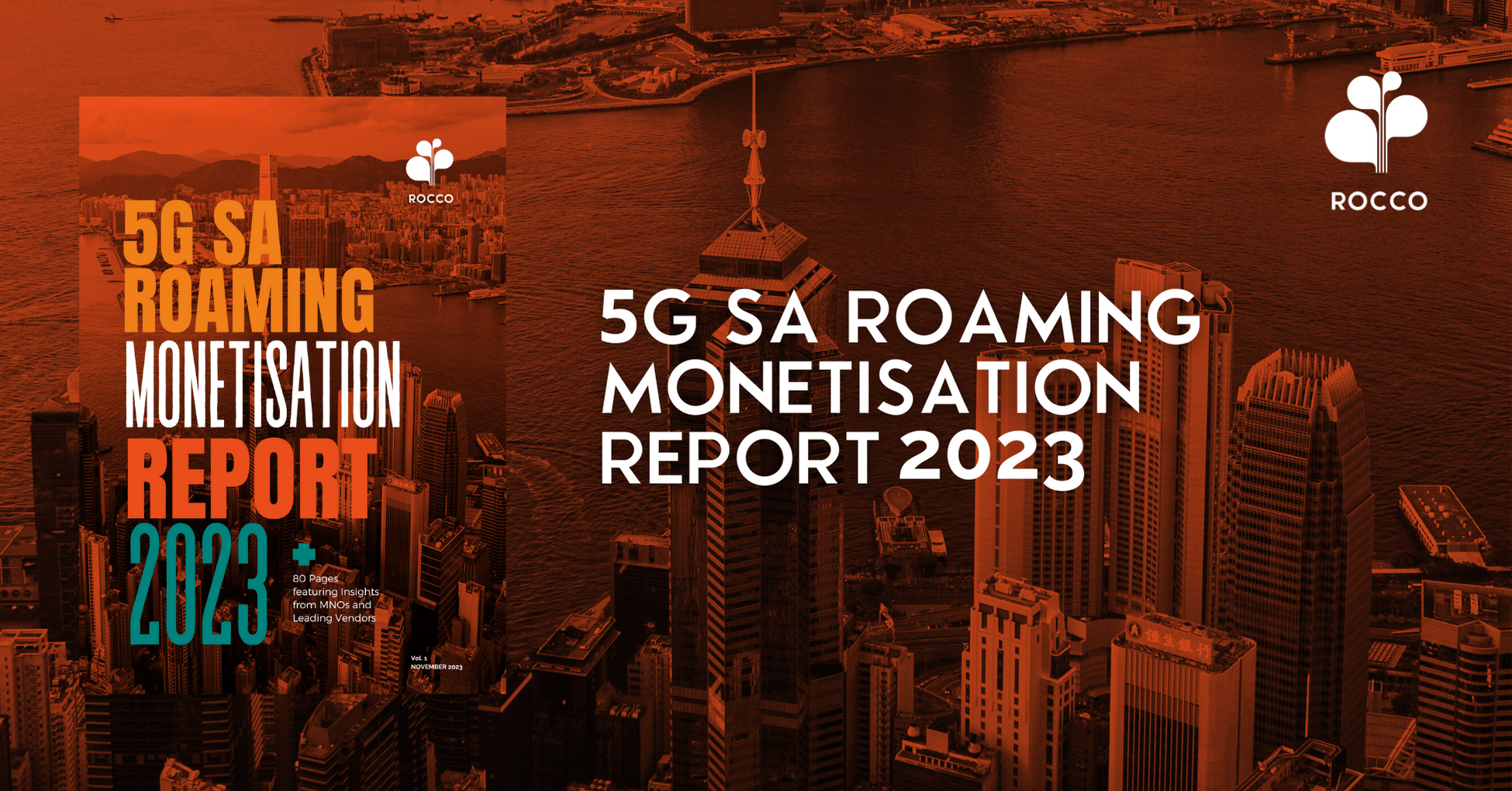The first EU-wide net neutrality rules came into force on 30th April 2016. They aim to ensure open access to internet content without discrimination.
Net neutrality is the principle that ISPs will deliver all content requested by customers equally, and where the speed and quality of content delivered to customers is not dictated by the price content producers are willing to pay internet service providers (ISPs) for preferential treatment of their content as it passes over the ISPs’ network.
On October the 27th, the European Parliament voted in favour for the first EU-wide net neutrality rules. The new EU net neutrality rules lay out conditions on when ISPs can block or throttle the delivery of content requested by users of their network. The rules prohibit “paid prioritisation” of content delivery online, although ISPs will be able to agree deals to deliver services of enhanced speed and quality with content providers in some cases, provided that it has no impact on “the open internet”.
The new rules
The new Regulation amends Directive 2002/22/EC on universal service and users’ rights relating to electronic communications networks and services and Regulation (EU) No 531/2012 on roaming on public mobile communications networks within the European Union.
Article 1 of the new Regulation states that it aims to
“safeguard equal and non-discriminatory treatment of traffic in the provision of internet access services and related end-users’ rights.”
Thanks to the new rules, the principle of net neutrality into EU law is confirmed: no blocking or throttling of online content, applications and services. It means that there will be truly common EU-wide internet rules, contributing to a single market and reversing current fragmentation.
In fact, according to the EU Parliament:
- Every European must be able to have access to the open internet and all content and service providers must be able to provide their services via a high-quality open internet;
- From the entry into force of the rules, blocking and throttling the internet will be illegal in the EU and users will be free to use their favourite apps no matter the offer they subscribe;
- Many mobile providers are blocking Skype, Facetime or similar apps or sometime they ask extra money for allowing these services: this will be illegal.
- All traffic will be treated equally.
This means, for example, that there can be no paid prioritisation of traffic in the internet access service. At the same time, equal treatment allows reasonable day-to-day traffic management according to justified technical requirements, and which must be independent of the origin or destination of the traffic and of any commercial considerations. Common rules on net neutrality mean that internet access providers cannot pick winners or losers on the internet, or decide which content and services are available.
However, the EU Parliament has provided for some exceptions to the rule. Let’s see when those exceptions may occur.
Exceptions: the so called “Reasonable traffic management measures”
According to Article 3 of the new Regulation, (“Reasonable traffic management measures”), the new rules set out in the Regulation include exceptions that allow for internet traffic management practices as well as the ability to offer faster specialty services:
In fact, Article 3 states that European service providers are allowed to implement
“reasonable traffic management measures.”
The built-in reasonableness requirement indicates that such measures must fulfill four important requirements. They must be:
Moreover, the measures should not monitor specific content or be maintained for longer than necessary.
However, the article does not restrict monitoring of types of content or volume of traffic.
The exception also permits blocking, restricting, interfering with and discriminating between content, applications or services “as necessary” to:
a) comply with local laws;
b) preserve network integrity and security; or
c) prevent/mitigate network congestion.
The next step for the legislation will see the Body of European Regulators (BEREC) issue guidelines to national bodies
But… what is Net Neutrality precisely?
As mentioned above, the concept of Net Neutrality is based on the idea that all Internet traffic should be treated equally.
We all know that ISPs (Internet service providers) have the control on how people access websites and content.
You may think of the following analogy: ISPs are the freeway on which content travels from a website to your home. An Internet governed by net neutrality would bar ISPs from creating special toll lanes for specific group of users. Everyone would have the same speed limit.
Therefore, without Net Neutrality an operator may decide to overcharge those customers who are given the chance to benefit from better speeds, or it may decide that specific contents or applications (those that require bigger amount of data, e.g. P2P or Skype) are blocked, unless the customer subscribe a more expensive tariff plan. With Net Neutrality in place, that would be forbidden.
According to an article issued by Mashable,
“Net Neutrality advocates argue that the Internet is a success because it is an equal-opportunity medium for innovators and startups. But if big companies like Amazon and Netflix pay for a quick connection, there would be little incentive for the ISPs to provide good connections to everyone else. A startup might not have much of a chance if most of the Internet has slowed to a crawl while Netflix streams smoothly”.
Therefore, having enough money to pay ISPs would become fundamental and that may effect negatively smaller companies or startups.
Points for consideration about how Net Neutrality may effect mobile data in the future
The issue of Net Neutrality affects more than just the amount you might pay for access to the Internet. It has implications for the future of the Internet and the economies that rely on the Internet.
For example, according to the Huffington Post,
“in 2004, MySpace was the dominant social networking site. If Net Neutrality did not exist in 2004, users who liked MySpace would pay for faster access to that site. As a result, the fledgling website created in a Harvard dorm room we now know as Facebook would have suffered comparatively slower speeds. Since the initial Facebook experience (like many start-ups) was subpar, it likely would not have become the economic giant we know today. In this scenario (without the existence of Net Neutrality), the launch of Google+ in 2011 could also have transpired very differently. Since it is backed by a billion-dollar corporation able to pay for faster access, Google+ could have rapidly dominated the social media market. The current practice of Net Neutrality has allowed a free and fair competition in the digital marketplace.”
Therefore, the Net Neutrality rules approved by the European Parliament should benefit both customers (that will not suffer from operators’ policies aimed at overcharge some services rather than others) and competition (it supports competitive marketplace and provides chance to every firm, from big companies to small start-ups to take part in it).
However, a study made by Infosec Institute observes that Net Neutrality has also side effects, such as hindering innovation, not allowing the ISPs to cope with the increased bandwidth requirements, decreasing of the revenues earned by the ISPs, increasing the prices of the Internet, and causing overregulation.
Comments:
Julia Reda, MEP for the Pirate Party in Germany, said the vote would allow for the creation of a “two speed” internet in the European Union.
“We are disappointed that the European Parliament has decided not to legislate on this critical issue,” said Estelle Massé, policy analyst at human rights organisation Access Now. “By not supporting the necessary amendments to give clarity to the text, the Parliament has left it up to courts and national regulators to determine its meaning.”
Campaigners in favour of stronger net neutrality had proposed four different amendments that they say would have increased the strength of the law, which was eventually passed.
The rejected amendments included proposals that would have ensured there was no network discrimination, all internet traffic would be treated equally, ISPs would not be allowed to become gatekeepers, and ISPs would have only been allowed to manage traffic when it was congested.
Günther Oettinger, the commissioner in charge of the Digital Economy and Society in the EU, said the vote would
“deliver tangible results to improve the daily lives of Europeans. We will get for the first time ever net neutrality rules in EU law,” he said. “These rules protect the right of every European to access the content of their choice, without interference or discrimination.”
Tim Berner-Lee’s Web Foundation went as far to say that Europe’s decision on the issue took it a “giant step” away from being a
“leader in the digital economy”
and that the decision would
“threaten innovation and free speech”.
“Now, European start-ups may have to compete on an uneven playing field against industry titans, while small civil society groups risk having their voices overwhelmed by well-funded giants,”
said the Foundation’s CEO, Anne Jellema.
Other critics of the regulations included leading technology firms such as Reddit and WordPress. The Electronic Frontier Foundation (EFF), which also campaigned against threats to net neutrality in the United States earlier this year, said the regulations were potentially damaging.
But Jeremy Malcolm, senior global policy analyst at EFF, told WIRED that
“overall Europe is in a better position today than it was yesterday.”
He said that although the amendments being voted down were “disappointing” the laws passed resulted in consistent net neutrality regulation across Europe for the first time.
“The disagreement is around the edges, the extent to which loopholes can be misused for purposes that go beyond legitimate network management,” he said. “Those loopholes may or may not be exploited but I guess we will see as this rolls out.”
EDRi, a coalition of 31 European privacy and civil rights organisations, said MEPs had “avoided making decisions on all crucial points” of the legislation.
“Now, national regulators will have to decide – on abuses imposed through ‘zero rating’, on rules on congestion management, on specialised services and so on,”
said Joe McNamee, ERDi’s director. Alliance of Liberal Democrats MEP Marietje Schaake said her colleagues had “missed an opportunity” to impose stronger net neutrality regulations.
Federica Romano, Head of Legal & Regulatory at ROCCO











